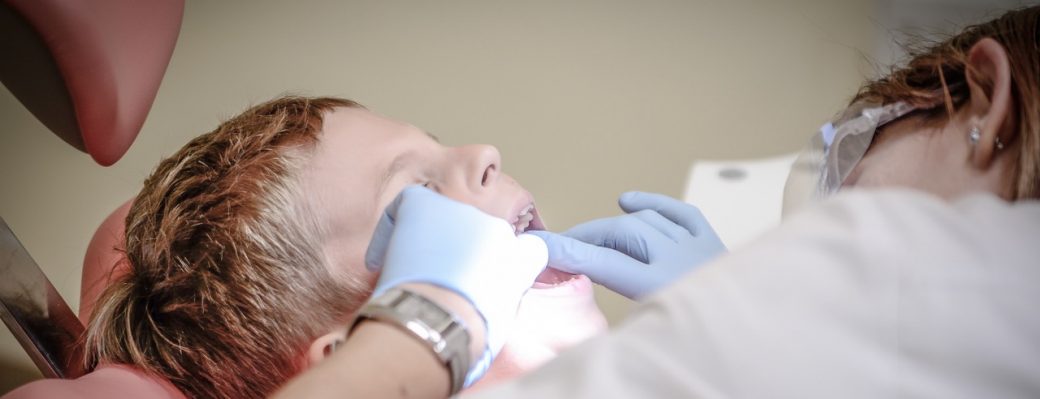It is normal to experience pain associated discomfort after a shoulder surgery and it is important to control and effectively manage post-surgical pain for comfortability and ease the healing process. Depending on the level of pain and patient requirement, the doctor can prescribe various after surgery medication that is effective in the management of pain. The pain medication after shoulder surgery include;
Opioid medications
These are very strong pain relievers that are used for managing both moderate and severe pain. They can be administered orally as pills or by intramuscular and intravenous injections and work by binding to opioid receptors in the body inhibiting pain signals from reaching the brain. They include morphine, oxycodone, and tramadol. Opioids, however, have various side effects such as difficulty in passing urine, constipation, confusion nausea, itching, and addiction when used for prolonged periods
Non-steroidal anti-inflammatory drugs
These are used to control mild and moderate shoulder pain and they work by inhibiting the synthesis of prostaglandins by the cyclooxygenase enzymes that are associated with swelling and pain. they are either administered orally or by injection and they include ibuprofen, diclofenac, aspirin, naproxen, and celecoxib. However, these medications are associated with stomach ulcers, bleeding, and addictions.
Epidural analgesia 
This involves the use of an epidural catheter into space within the spinal cord. Pain medications are injected through the catheter post-surgery by the use of a PCA pump.It is an effective method of controlling pain. However, it is associated with some side effects such as nausea, numbness, vomiting, and headaches
Supraclavicular nerve blocks
They are used to control pain in extremities and they also involve the use of a catheter to administer pain medication. They work by inhibiting the transmission of pain signals to the brain. They are also associated with side effects such as nausea and vomiting. They can be used together with other oral pain medications and are very effective in relieving pain.
Intravenous analgesia
They involve the use of a computer programmed PCA pump that pushes medication directly into the blood veins relieving post-surgical shoulder pain.The patients can push the PCA pump by themselves and it is safe as only a limited amount of medication is allowed into the system.
It is important to avoid drinking alcohol and take a pain medication after shouldersurgery as directed by the doctor. If the prescribed medications aren’t relieving pain, it is also important to talk to the doctor to consider other pain-relieving medications.


